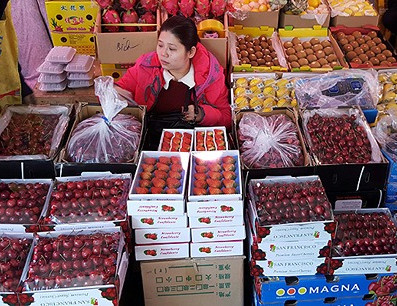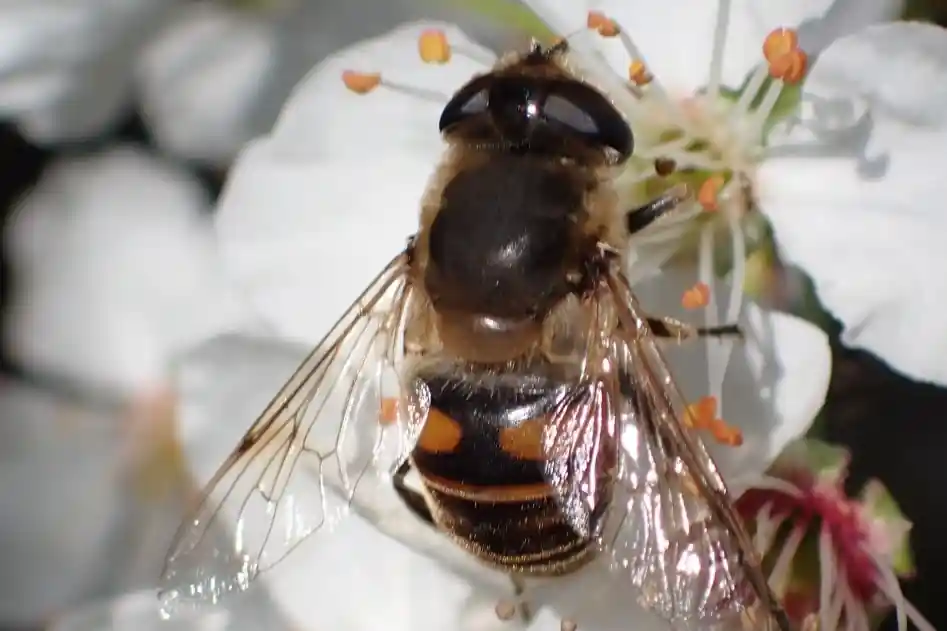A recent ethnobotanical study conducted in the Jendouba region of northwestern Tunisia has highlighted the importance of Prunus avium (wild cherry) as a rare medicinal, edible, and forest plant.
The survey involved 292 participants, including rural residents and herbalists, across the areas of Tabarka, Ain Draham, and Ghardimaou, revealing a rich heritage of traditional knowledge and practices linked to this species.
The primary goal of the study was to collect information on the therapeutic uses of wild cherry to promote its valorization and encourage future pharmacological research.
Use in traditional medicine
According to the data, wild cherry is widely used in local traditional medicine, with 65% of respondents employing it as a natural remedy (similar percentages ranging from 67% to 77% were reported in previous studies), while 35% prefer modern medicine.
The most frequently cited therapeutic properties include anti-inflammatory (23%), diuretic (20.9%), sleep-promoting (16.1%), relief of osteoarthritis (15%), and cholesterol-lowering effects (15%).
The most commonly used parts are the leaves (68%), appreciated for their richness in active compounds, followed by the fruits (32%), known for their high content of anthocyanins and polyphenols.
Preparation methods and knowledge
The main preparation methods include decoctions (25.55%), fruit juices (23.53%), infusions (21.87%), and poultices (20.65%), followed by secondary methods such as powders (4.60%) and macerates (3.80%).
Statistical analysis revealed that ethnobotanical knowledge is more widespread among individuals over 40 years old, with a marked decline among younger generations; this indicates a real risk of knowledge loss due to generational change.
Women, in particular, demonstrate greater familiarity with the use of medicinal plants, a fact attributed to their central role in managing household health.
Socio-cultural aspects and education
Furthermore, familiarity with medicinal plants like Prunus avium appears inversely proportional to educational level, with a clear prevalence among individuals with lower educational backgrounds who have acquired such knowledge through oral tradition.
In addition to its ecological value, wild cherry exhibits significant benefits documented in various scientific studies, which report antioxidant, anti-inflammatory, hypoglycemic, and hypocholesterolemic properties, attributable to the plant’s abundance of beneficial compounds.
It has also shown protective effects against cardiovascular, neurodegenerative, and metabolic diseases.
Conservation and research perspectives
However, the therapeutic efficacy of Prunus avium in the Tunisian context still requires validation through targeted pharmacological and phytochemical studies.
The study proposes enhancing this species not only as a natural and cultural resource but also as a starting point for the development of plant-based products to be integrated into modern phytotherapy.
Promoting and preserving traditional knowledge presents an opportunity to foster sustainable rural development projects while contributing to the protection of biodiversity and local cultural heritage.
Conclusion
In conclusion, wild cherry has proven to be a tree of great importance for Tunisian folk medicine and a potential ally for pharmacological research, in a context where traditional knowledge, if adequately documented and valued, can offer concrete resources for the advancement of herbal medicine.
Source: Nouri, J., Houcine, S., Dhafer, C. E. B., & Abbes, C. (2025). Ethnobotanical study on the valorization of a rare forest, fruit and medicinal plant (Prunus avium) in north-western Tunisia. Ethnobotany Research and Applications, 30, 1-12. http://dx.doi.org/10.32859/era.30.46.1-12
Image source: Acta Plantarum
Andrea Giovannini
University of Bologna (ITA)
Cherry Times - All rights reserved










